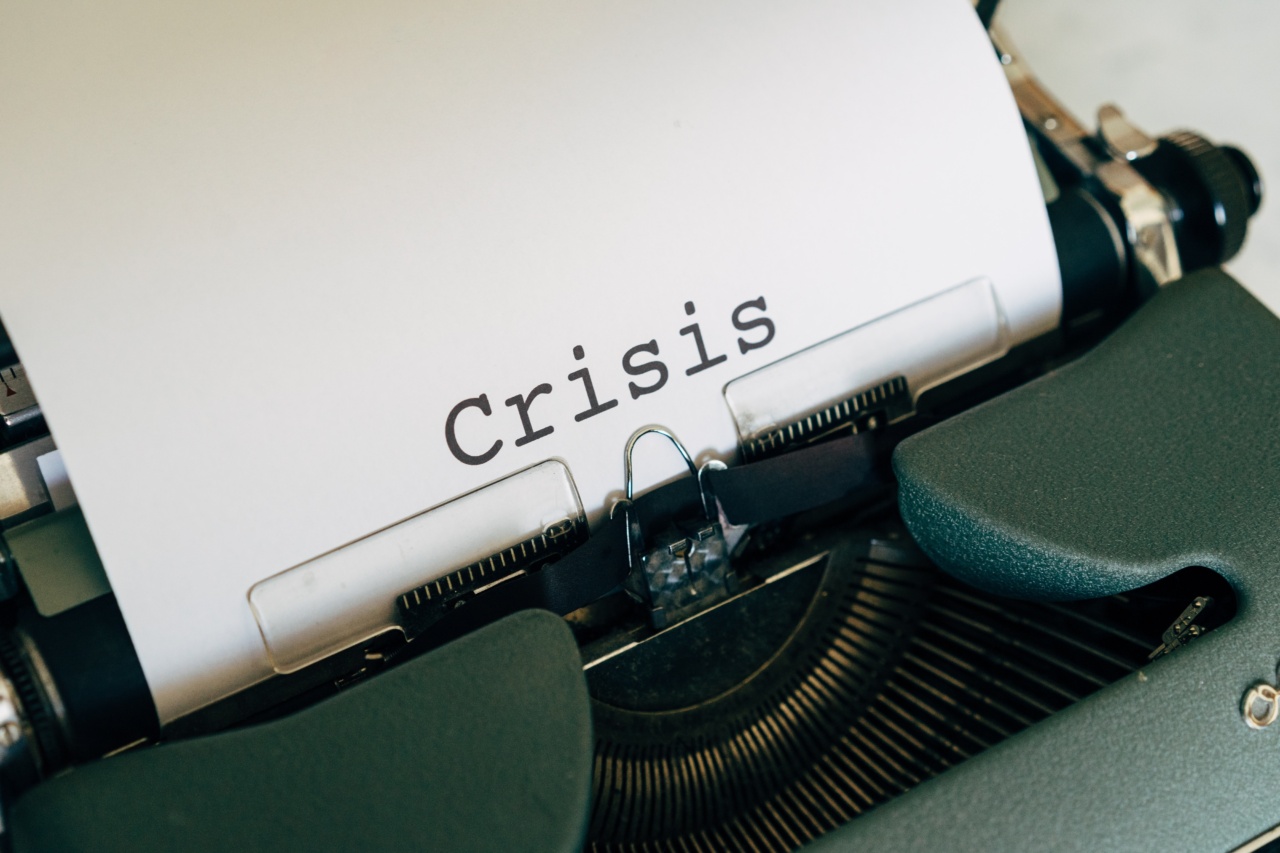With the recent global economic crisis, research from Google shows a clear link between economic downturns and increased levels of stress.
The research, conducted over the last decade, highlights the important role played by the economy on our overall mental health. This article explores the findings of Google’s research on the subject and outlines ways we can reduce stress during economic hard times.
The Effects of Economic Downturns on Mental Health
It’s no secret that financial troubles can be a source of significant stress. Economic crises can trigger a range of physical and mental health problems, including depression, anxiety, and sleep disturbances.
The stress caused by financial difficulties can also affect our relationships, work performance, and overall well-being.
When an economic downturn happens, its impacts are felt at different levels of society. It affects individuals, families, businesses, and governments alike, with each group experiencing different levels of stress.
Google’s research shows that during times of economic hardship, searches for terms like “anxiety”, “depression”, and “stress” tend to rise.
The research also indicates that these searches are more common in regions with higher levels of unemployment, foreclosure rates, and bankruptcy filings. This suggests that the factors contributing to financial hardships are strongly linked to the onset of stress.
The Role of Social Support Networks
One of the key findings of Google’s research is that social support networks play an important role in reducing stress levels during economic crises.
Individuals who have strong social support systems are more resilient and better equipped to handle financial difficulties.
During economic downturns, it’s common for people to distance themselves from others due to feelings of shame or embarrassment. This can be detrimental to mental health and exacerbate feelings of isolation and stress.
Instead, it’s important to reach out to friends, family, and other support networks during hard times. These networks can provide emotional support, practical advice, and even financial assistance if needed.
In addition to relying on social support networks, individuals can take other steps to reduce stress during economic hardship.
This includes managing finances carefully, avoiding excessive debt, and developing a plan for managing financial difficulties.
Conclusion
In short, research from Google highlights the important link between economic downturns and increased levels of stress.
It’s clear that during hard economic times, individuals should prioritize their mental health and take proactive steps to reduce stress levels. This includes relying on social support networks, managing finances carefully, and developing a plan for managing financial difficulties.






























